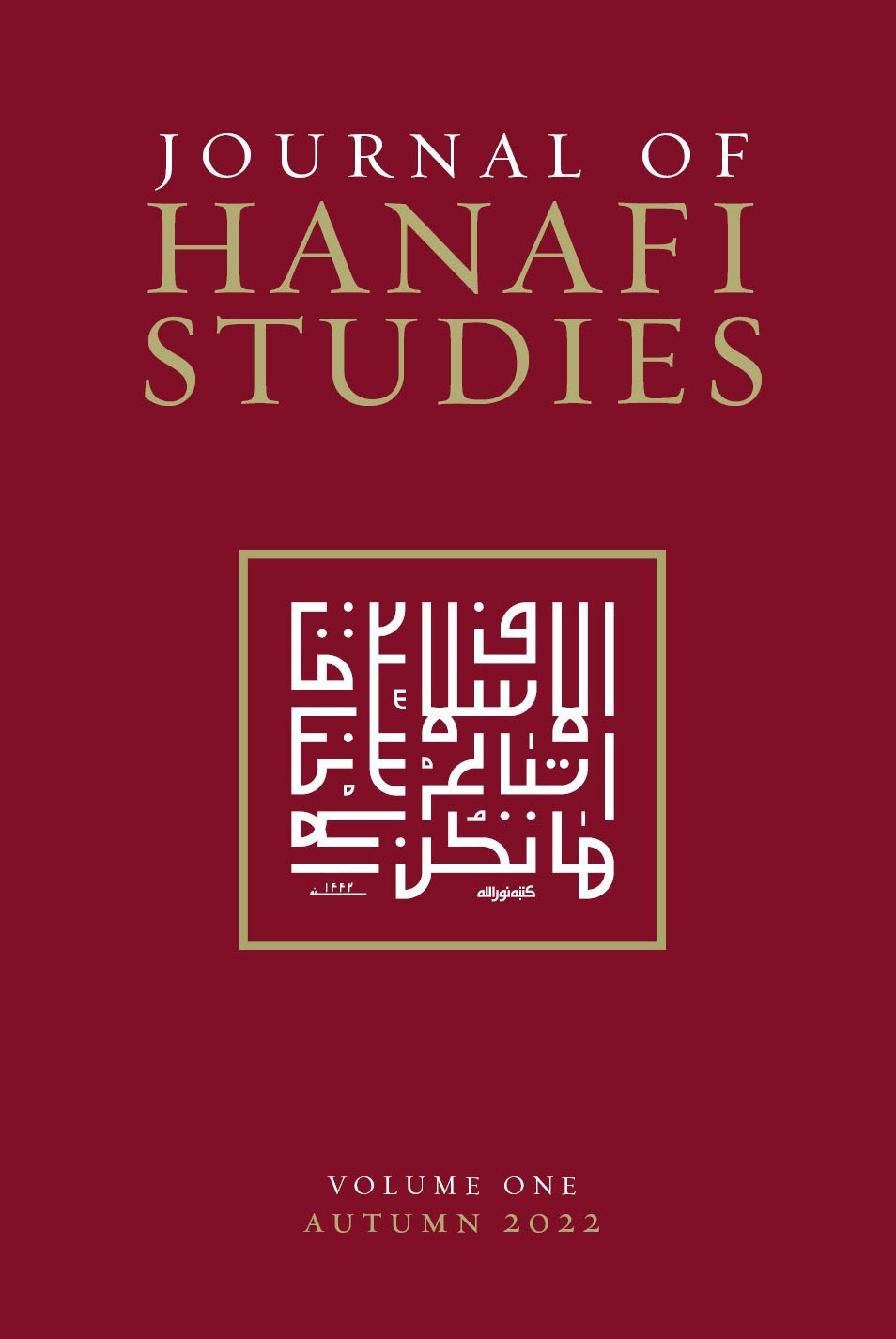
Competing Spaces of Religious Belonging: Deobandi Debates on Interest/Usury as a Case Study
Haroon Ebrahim Sidat
Abstract
The Ḥanafī school of law developed a sophisticated theory to guide Muslims’ relationship with those who shared an alternative worldview and with regard to their living in non-Muslim lands. Jurists mirrored a meta-theological view on life in this world where individual obligations were aligned with the rights of God (ḥuqūq Allāh). As for obligations and prohibitions of a communal or public nature, these were seen as a moral obligation and of a geographically fixed nature. This is where the notion of ikhtilāf al-dārayn, or the difference of territoriality, became significant for Muslims in South Asia, where they were no longer in power. The Deobandis deliberated at length on the legal status of India and the question of interest (ribā). What emerges is a tradition of a reason-based discursive community of embodied carriers of knowledge who deploy their inheritance to guide them in the present. As large numbers of Muslims now live in Britain and the West more generally, the Ḥanafī school is capacious enough to entertain valid differences of opinion. Here it can facilitate contextual and pragmatic considerations while deploying modes of reasoning intrinsic to the school. This in turn can allow the faithful Muslim to prosper in the contemporary West.

Key Words
Deoband, dār al-ḥarb, dār al-Islām, jihād, territory, abode, interest (ribā)
